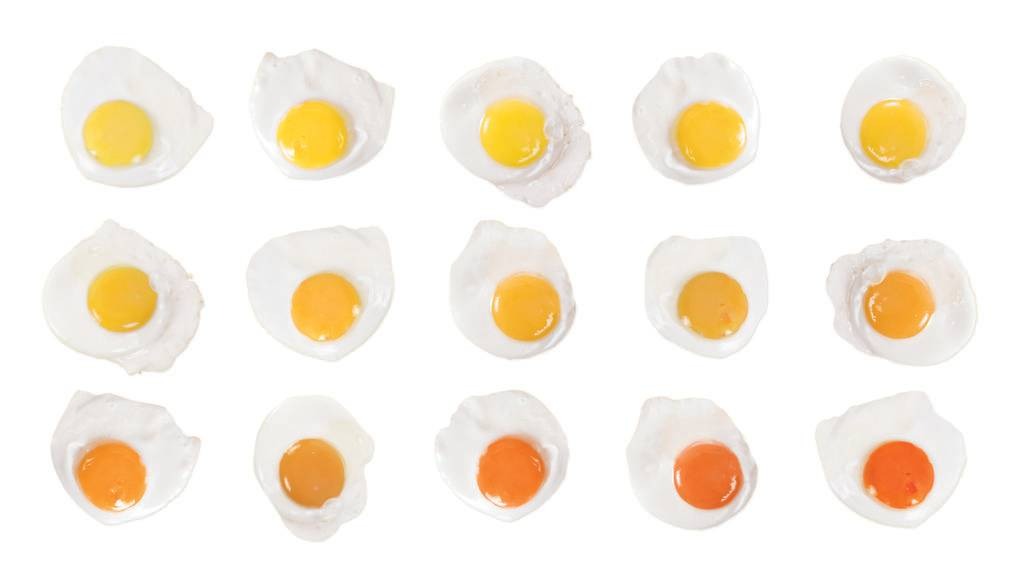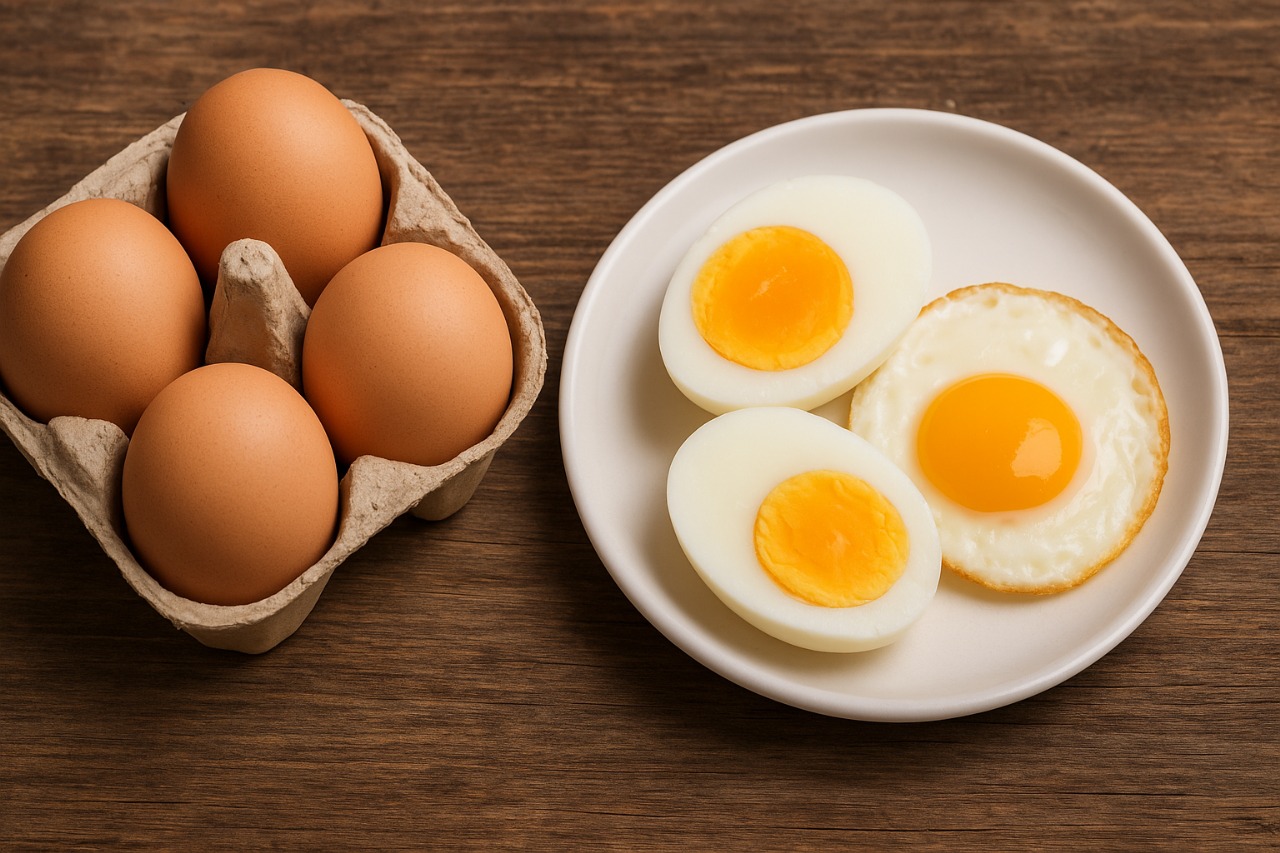You have probably had this conversation at the Kenyan breakfast table more than once: your grandmother swears by farm eggs, while your cousin argues that supermarket eggs are just fine. So, who’s actually right? Let’s crack into this.
According to nutritionist Ruth Kilonzo, there is real science behind grandma’s wisdom. Kienyeji eggs genuinely pack more of the good stuff because those village hens are essentially living their best lives: munching on greens, seeds, and insects instead of sitting in a coop. “They are richer in Omega-3 fatty acids, Vitamin A, and antioxidants like lutein and zeaxanthin, which support eye health,” she explains, and it shows.
When researchers at the University of Nairobi’s Department of Food Science rolled up their sleeves and compared free-range kienyeji eggs with their caged cousins, the numbers told quite a story. Kienyeji eggs delivered 18% more protein and packed 25% extra healthy fats. In addition to this, they contained lower cholesterol levels, which means your heart gets a slightly better deal.
Now, regular supermarket eggs aren’t the villains in this story. They come from layers eating controlled, pellet-based diets designed to keep everything uniform and available year-round. The trade-off? “They’re not bad,” Kilonzo clarifies, “but they tend to have a more neutral taste and slightly fewer micronutrients.” It’s the difference between a song and a symphony: both pleasant, just different.
But here is where things get interesting. Dietitian Brian Mwaura wants everyone to pump the brakes on getting too worked up about it. “For most people, the difference is minimal unless you’re on a strict health regimen. What matters more is how you cook them. Deep frying kills most nutrients.” He’s got a point that often gets lost in the debate.
If you do want to get the most bang for your buck, the cooking method matters tremendously. Experts recommend boiling, poaching, or lightly scrambling eggs over medium heat. These gentle techniques keep delicate vitamins like A, B12, and D safe and sound while the protein stays strong. Whatever you do, steer clear of overcooking or dunking them in hot oil, that’s when valuable nutrients vanish and unnecessary fats creep in.
You have probably noticed the dramatic difference when you crack open a kienyeji egg. That deep golden or orange yolk compared to the paler yellow of supermarket eggs. Kilonzo explains that this color difference is actually quite telling. “The vibrant yolk in kienyeji eggs comes from the hens consuming carotenoid-rich foods like insects and greens, which deposit these natural pigments into the yolk,” she says. Commercial eggs have a paler yolk simply because those hens eat standardized pellets. While the color doesn’t necessarily indicate one egg is nutritionally superior, it does reveal what went into producing it.
Yet for many Kenyans, kienyeji eggs represent something that goes beyond nutrition charts and lab results: genuine flavor, warm nostalgia, and that undeniable village authenticity that connects us to home.

When all is said and done, this isn’t really about finding the objectively superior egg. It’s about recognizing what matters more to you personally: whether that’s keeping your wallet happy or treating your body to nature’s premium offering.










